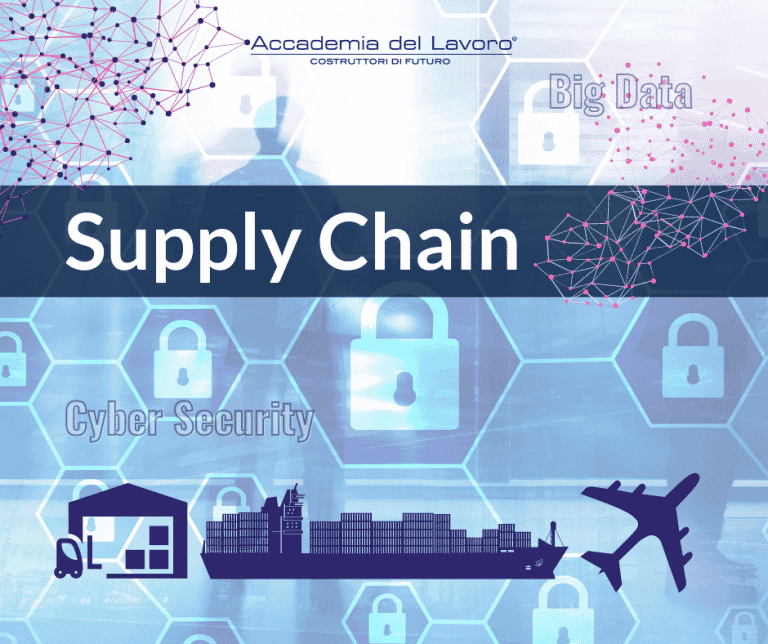The recent report byInternational Transport Forum of the OECD has clearly stated: at the center of the projections to 2050, there are, in addition to the identification of some disruptive technologies, such as electrification, autonomous driving, the effects induced by e-commerce and 3D printing, also the new international trade routes.
In fact, the report states that between now and 2050 the international freight transport could triple, with a strong increase in air traffic and with a lion's share (about 75%) carried out by traffic by sea.
The growth induced by international transport is going hand in hand with the continuous acceleration of connectivity and the enormous potential for use of Big Data linked to international and local logistic operations.
The also grow programming and control operations and the problems associated with cybersecurity and it is precisely these factors that require the development of new professions. The next five years will see an increase in employed in the Logistics sector, taking into account this new and delicate scenario.
Roads and opportunities will open up to all those who demonstrate highly specific skills in the cybersecurity sectors and in the use of tools, platforms and technological tools related to big data management.
There are already huge numbers in place investments in technology and human capital and with regard to this second aspect, it is possible to identify a sort of classification of very specific skills that will constitute the preferential access path to the new labor market in the logistics sector. In particular, new professionals will have to demonstrate that they have the following skills:
- Management: for those figures mainly dedicated to decision-making and management aspects of the business.
- Engineering: with a high degree of specialization with a predominantly IT-engineering content.
- Back office capabilities.
- Technical skills: required for operators mainly dedicated to the maintenance and control of machinery and vehicles.
- Drivers and drivers.
- Staff dedicated to driving means of locomotion or operators.
- General employees.
- Employees dedicated to functions related to the delivery of logistics services.
Alongside these skills, which can be acquired thanks to specific training courses, such as those organized by Accademia del Lavoro in the logistics sector, then there are skills that make the difference, such as:
- high levels of written and oral comprehension and expression
- information ordering or the ability to catalog information based on very specific rules
- mathematical and mathematical reasoning skills
- administrative and economic knowledge
- training on service orientation and human resource management
- problem solving and decision skills
Discover i ADL courses on the Global Supply Chain, Port Logistics And Maritime and Airport Logistics.









